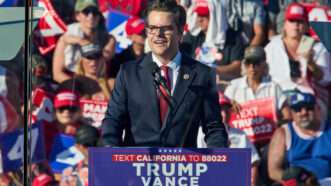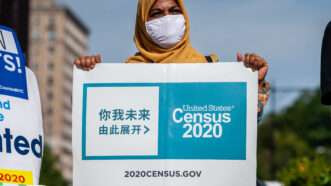A Trump-Appointed Federal Judge Orders Lindsey Halligan To Stop 'Masquerading' As a U.S. Attorney
The lawyer, who delivered the grudge-driven indictments that the president demanded, refused to relinquish her job after another judge ruled that her appointment was illegal.







